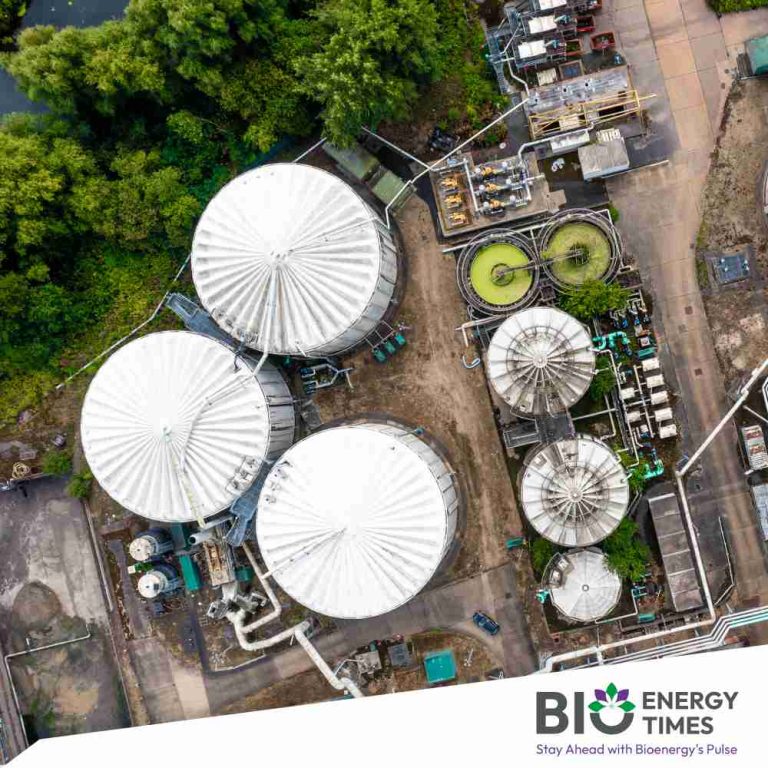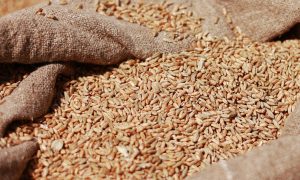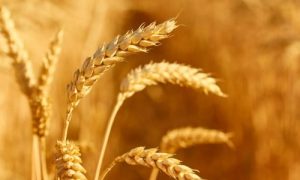ICAR Goa launches new unit to transform cattle waste to wealth

The ICAR-Central Coastal Agricultural Research Institute (CCARI) in Old Goa launched a Livestock Waste Valorisation System (LWVS) that converts cattle dung and urine into biogas and phosphate-rich organic manure (PROM). This system promotes clean energy and enhances soil fertility, particularly in Goa’s acidic soils. Over 100 Scheduled Caste farmers have been trained, offering an opportunity for agri-entrepreneurship and sustainable farming.
Panaji: The ICAR-Central Coastal Agricultural Research Institute (CCARI) in Old Goa has launched a unit that converts cattle dung and urine into clean biogas and organic fertilizer through anaerobic digestion known as the livestock waste valorisation system (LWVS).“By using slurry feeding and optimising the utilisation of biogas slurry products, the unit ensures safe gas production and effective waste management,” said the director of ICAR-CCARI, Parveen Kumar.
The nutrient-rich slurry produced is then treated with rock phosphate and processed into phosphate-rich organic manure (PROM). PROM is known to improve soil fertility and crop yields, offering a natural alternative to chemical fertilizers.“The LWVS is a unique model, transforming cattle dung and urine thereby giving the dual benefit of biogas and fertilizer for farmers,” said senior scientist, ICAR-CCARI, Gopal Mahajan. Mahajan said that while biogas production reduces dependency on conventional fuels and promotes green energy, PROM production serves as a potent organic fertilizer best for Goa’s soils.“Acidic soils often have low phosphorus availability as the nutrient tends to get locked up, making it inaccessible to plants.
PROM, being a bio-fertilizer rich in organic matter and phosphorus, helps in the slow release of nutrients, ensuring better absorption by plants. The organic content of PROM also improves soil structure, boosts microbial activity, and increases the soil’s capacity to retain nutrients, making it an ideal solution for acidic soils of Goa,” he said.“The LWVS model paves the way for a greener, more productive farming ecosystem, turning livestock waste into wealth,” he added. He further said that the unit offers a unique agri-entrepreneur and start-up opportunity.To date, over 100 Scheduled Caste (SC) farmers have already received training through the low-volume waste system (LVWS) model.

















